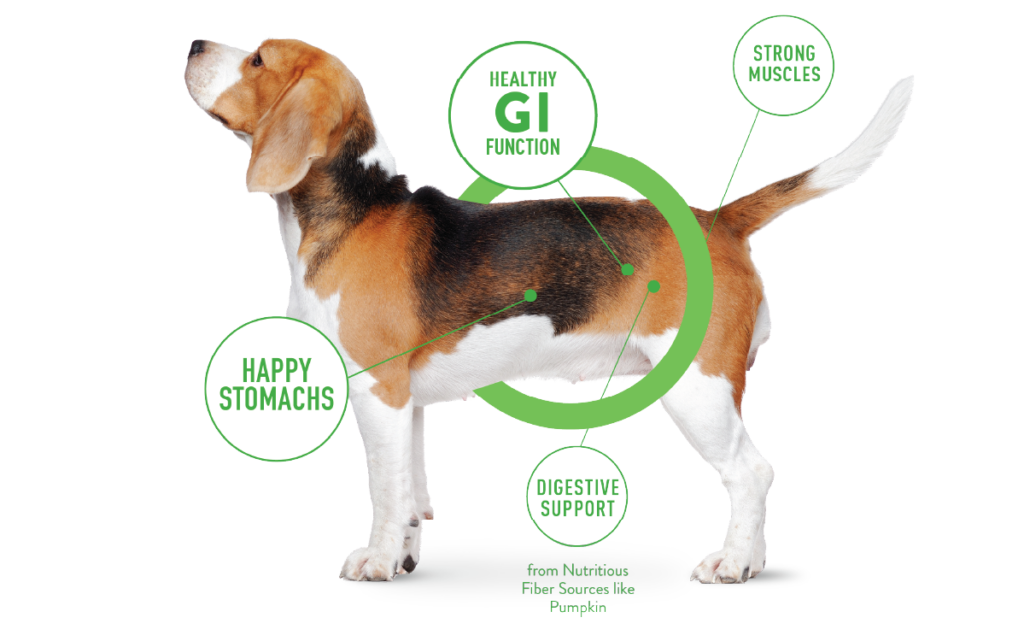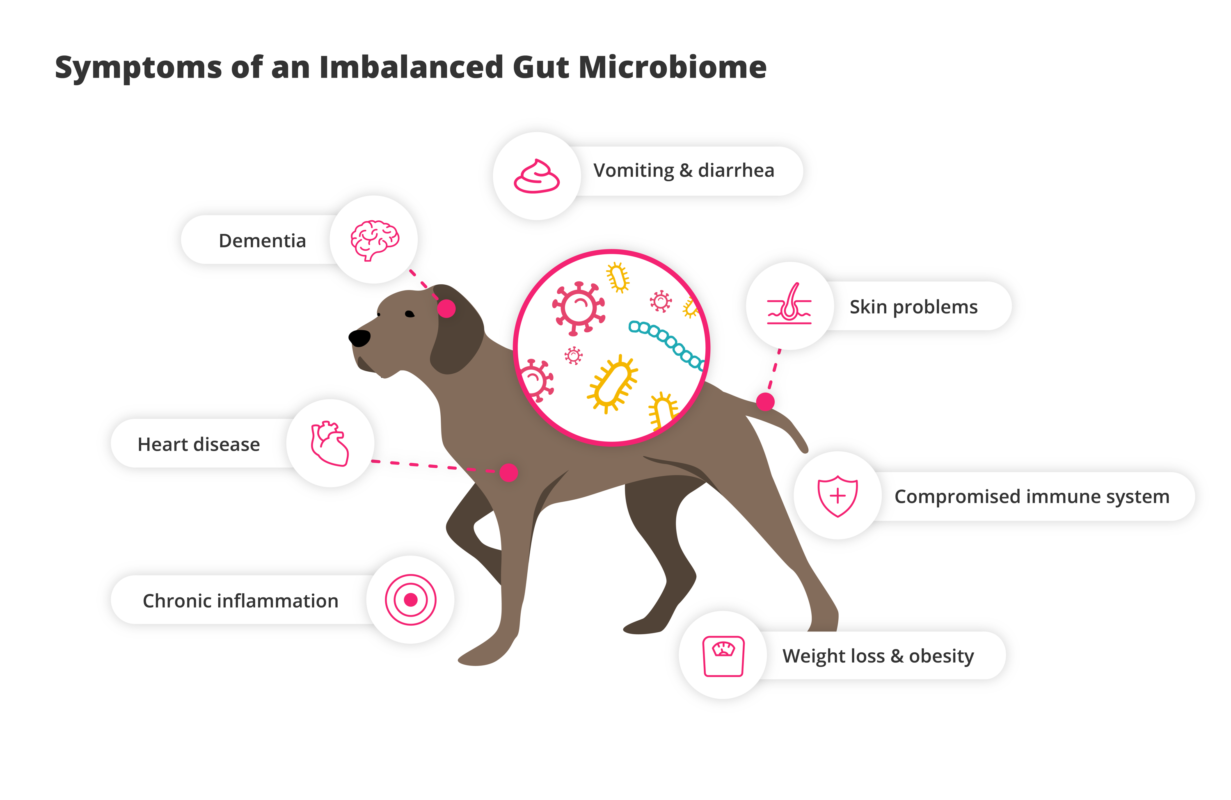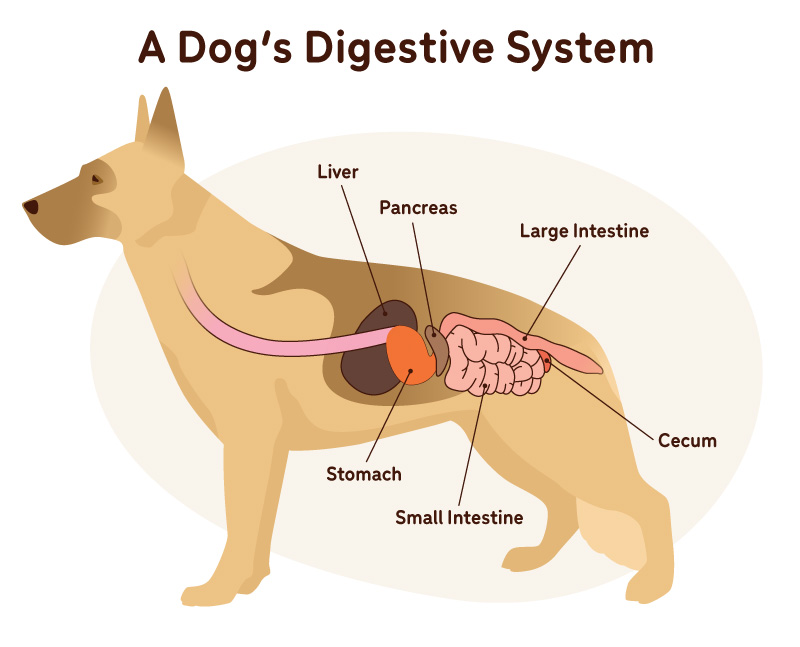Dog Gut Health 2024: Top Tips for Boosting Digestive Well-Being
Ever wonder why your dog’s gut health is as crucial as your own? Just like us, dogs rely on a balanced gut to support their overall well-being. A healthy digestive system isn’t just about avoiding…
Ever wonder why your dog’s gut health is as crucial as your own? Just like us, dogs rely on a balanced gut to support their overall well-being. A healthy digestive system isn’t just about avoiding tummy troubles; it’s key to a robust immune system, vibrant energy levels, and even a shiny coat. With gut health being a hot topic among pet owners, it’s no surprise you’re eager to learn more.
When it comes to our furry friends, understanding dog gut health can make all the difference in their quality of life. Many pet owners are unaware of how diet, stress, and even medications can impact their dog’s digestive health. By diving into this topic, you’ll discover practical tips to boost your pup’s gut health, ensuring they lead a happy, healthy life.
In this text, we’ll explore the signs of gut imbalance, essential dietary changes, and how to maintain optimal gut health for your beloved canine companion.
Understanding Your Dog’s Gut Microbiome
The dog’s gut microbiome is a diverse network essential for their health, impacting digestion and immunity.
The Role of Microbiome in Dog Health
Gut microbiota influences several aspects of canine health. Nutrient absorption is one primary function, where microbes aid digestion. They break down carbohydrates, synthesize vitamins, and contribute to energy production. A healthy gut microbiome supports a robust immune system. Microbes communicate with immune cells, helping to recognize pathogens and preventing infections. Microbial imbalance can lead to digestive issues and contribute to chronic diseases. Balanced gut flora is vital for overall well-being.
How the Gut’s Flora Benefits Your Dog
Gut flora offers many benefits to dogs. Digestion is enhanced as beneficial bacteria aid in breaking down food. This process ensures efficient nutrient extraction. Skin and coat health also benefit from a balanced gut, as a proper nutrient supply supports a shiny coat. The gut-brain axis, a communication network between the gut and brain, affects behavior and mood. A strong microbiome contributes to a reduction in anxiety and better emotional health. Maintaining a healthy gut ensures comprehensive benefits for your dog.
Common Causes of Unhealthy Gut in Dogs
Dogs often suffer from unhealthy gut conditions due to various factors. Recognizing these causes is crucial for addressing gut health issues.
Impact of Diet and Nutrition
Diet and nutrition play a important role in a dog’s gut health. A diet low in fiber or high in processed foods can disrupt the gut microbiome. Processed foods often lack the necessary nutrients that support beneficial bacteria, leading to an imbalance known as gut dysbiosis. Also, sudden dietary changes can stress the digestive system, exacerbating gut issues. Including probiotics and prebiotics in their diet can help maintain a healthy gut, promoting the growth of beneficial bacteria and reducing the presence of harmful bacteria. Consistent, balanced meals are key to preventing gut-related problems.
Environmental Factors and Stress
Environmental factors and stress significantly affect a dog’s gut health. Stressors can range from changes in routine to environmental toxins, both of which can lead to gut imbalances. Stress has been shown to alter gut microbiota, which can contribute to conditions like diarrhea or inflammatory bowel disease (IBD). Ensuring a stable, stress-free environment helps support optimal gut health. Exposure to toxins, such as pesticides or pollutants, can also harm the gut lining, leading to dysbiosis. By managing stress and limiting exposure to harmful substances, it’s possible to improve gut health in dogs.

Recognizing Signs of Poor Gut Health in Dogs
Recognizing signs of poor gut health in dogs proves crucial for preventing further health issues. Dogs often exhibit observable symptoms when facing gut health problems.
Symptoms and Behavioral Changes
Dogs with gut health issues often have noticeable symptoms that include digestive problems such as diarrhea, constipation, bloating, and flatulence. These issues mainly arise from dysbiosis—an imbalance in the gut microbiome. Appetite changes are another indicator, with dogs either losing interest in food or overeating. This can occur when the gut isn’t functioning properly. Vomiting frequently points to gastrointestinal issues such as infections or inflammation. Unexpected weight changes also occur, signaling potential nutrient absorption and metabolism problems due to poor gut health.
Breed-Exact Gut Health Issues
Certain dog breeds show a predisposition to exact gut health issues, making regular monitoring important. For instance, German Shepherds often face exocrine pancreatic insufficiency, a condition affecting nutrient processing. Bulldogs may experience food intolerances leading to chronic digestive disturbances. In smaller breeds like Yorkies, portosystemic shunts impact liver function, later affecting digestion. While breed-exact, recognizing these tendencies enables prompt action to maintain gut health in dogs.
Strategies to Improve Dog Gut Health
Improving a dog’s gut health involves strategic interventions targeted towards diet and lifestyle. These efforts can significantly enhance their gut microbiome and overall health.
Dietary Interventions and Whole Foods
Diet plays a crucial role in maintaining a healthy gut for dogs. Raw diets, compared to kibble, often lead to a richer microbiome, increasing beneficial bacteria such as Fusobacterium and Clostridium perfringens. Importantly, the macronutrient composition matters more than the ingredient source; for instance, diets with similar macronutrient profiles, whether from animal or vegetable sources, show no important microbiome differences. This demonstrates the importance of balanced nutrition in supporting gut health.
Importance of Hydration and Fiber
Hydration and fiber are essential for optimal gut function. Adequate clean water intake supports digestive processes and nutrient absorption. Fiber, found in certain fruits and vegetables, aids in regular bowel movements and provides nourishment for beneficial gut bacteria. Without sufficient fiber, dogs might experience constipation or diarrhea, indicating gut imbalance. These elements together ensure the digestive tract functions efficiently.
Incorporating Prebiotics and Probiotics
Prebiotics and probiotics are integral to fostering a healthy gut flora. Prebiotics, such as those in chicory and garlic, feed beneficial bacteria. Probiotics, found in supplements and fermented foods, introduce live beneficial bacteria into the gut. Incorporating both can enhance digestion, boost immunity, and prevent gastrointestinal disturbances, facilitating a more resilient and balanced microbiome.
Benefits of Fermented Foods and Supplements
Including fermented foods and supplements can provide many gut health benefits. Fermented foods like yogurt introduce beneficial bacteria, supporting gut flora balance. Probiotic supplements deliver concentrated amounts of good bacteria, helping restore gut balance, especially after antibiotic treatments. Regular inclusion of these elements strengthens the gut network and helps maintain optimal digestive health.

Potential Dangers to the Gut Microbiome
Dogs’ gut microbiomes can face important disruptions from various sources. Understanding these influences is key to maintaining a healthy digestive system for them.
Effects of Diet
Diet greatly impacts the gut microbiome in dogs. A raw diet enhances microbiome richness and diversity by increasing beneficial bacteria like Fusobacterium varium. But dietary changes can cause imbalances. Increased vegetable fiber can raise Firmicutes levels while reducing Fusobacteria. When making dietary decisions, consider the potential impacts on microbial balance.
Effects of Antibiotics and Medications
Antibiotics and medications disrupt gut microbiomes. These substances can cause dysbiosis, a condition where the balance of gut bacteria shifts unfavorably. Using antibiotics can lead to a decrease in beneficial bacteria and an increase in harmful strains, affecting digestion and immunity. Limiting antibiotic use helps preserve gut health.
Avoiding Unnecessary Vaccines
Over-vaccination can stress dogs’ systems, potentially affecting their gut microbiota. While vaccines protect against diseases, excessive immunization can disturb gut balance. Evaluate each vaccine’s necessity based on your dog’s health status and risk exposure. Avoiding unnecessary vaccines minimizes risks to the gut microbiome and maintains overall health.
Testing and Monitoring Your Dog’s Gut Health
Assessing gut health in dogs is vital for their well-being. Exact tests can reveal imbalances and guide necessary interventions.

Available Gut Health Tests for Dogs
Several gut health tests help evaluate your dog’s microbial balance. Gut Health Tests, like those from AnimalBiome, analyze fecal samples to identify bacterial imbalances. These tests provide insights into the gut microbiome and suggest dietary or lifestyle changes to improve gut harmony. Fecal Microbiota Analysis involves checking fecal samples to determine bacteria types and quantities. This non-invasive method offers a reliable snapshot of gut flora since the samples reflect most of the relevant gastrointestinal taxa. A Dysbiosis Index, which uses a PCR-based algorithm, allows vets to measure gut dysbiosis or imbalance in the microbiome.
When to Consult a Veterinarian
Consult a vet if tests indicate important gut imbalances or your dog exhibits persistent symptoms of poor gut health. Such symptoms include diarrhea, frequent vomiting, or weight changes. Vets can conduct thorough examinations and recommend treatments or lifestyle adjustments. They’re also crucial for interpreting complex test results and providing personalized advice. If exact breed predispositions arise, like those in German Shepherds or Bulldogs, professional guidance becomes essential. Regular check-ups with a vet ensure your dog’s gut health remains optimal and prevent potential health complications.
Conclusion
Understanding and maintaining your dog’s gut health is crucial for their overall well-being. Focusing to their diet, managing stress, and being mindful of medications, you can help support a balanced gut microbiome. Recognizing signs of gut imbalance allows for early intervention, ensuring your furry friend stays healthy and happy. Incorporating probiotics and prebiotics into their diet can promote beneficial bacteria, improving their digestive health. Regular veterinary check-ups and gut health tests can provide valuable insights into your dog’s gut condition. By taking these steps, you’re investing in a healthier and more vibrant life for your beloved pet.

